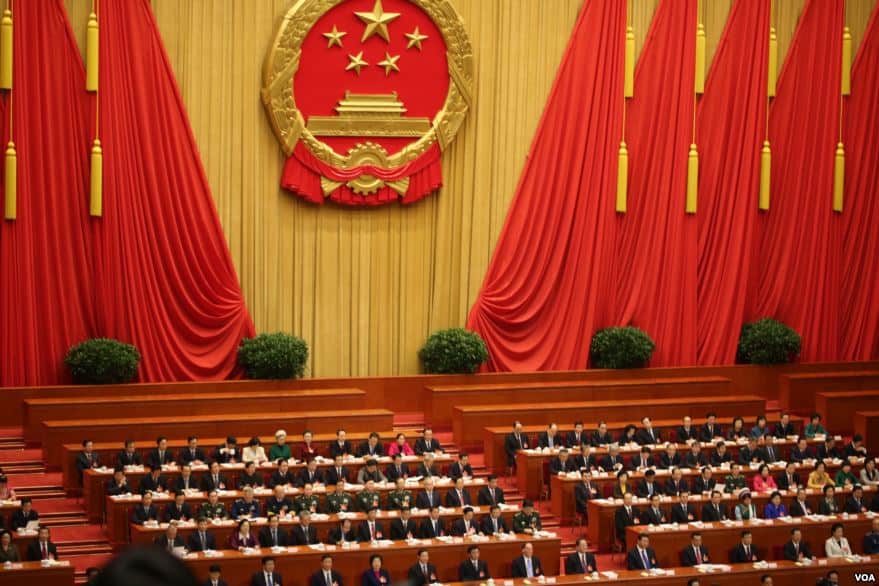The latest reform of plan for China’s big state-owned enterprises (SOE) is set to dramatically raise the role of the Chinese Communist Party (CCP) when it comes to internal corporate governance.
The end of 2020 saw the release of the “Chinese Communist Party State-owned Enterprise Basic Level Organization Work Regulations (Trial)” (中国共产党国有企业基层组织工作条例(试行)).
The Regulations stipulate that “development of the party be written into the articles of association, clearly outlining the responsibilities and authorities of the party organisation.”
At the start of 2021 the State Council’s SOE reform leadership team called for effective performance of “the one seizing and the four incisions” (一个抓手、四个切口) during the implementation of the three year SOE reform plan launched at the start of 2020.
According to state-owned media the “one seizing” refers to “strengthening the leadership of the party and improving unification with corporate governance.”
A recent report by the People’s Daily – the flagship newspaper of the CCP, says that “incorporation of the leadership of the party into every stage of corporate governance has already become a key breakthrough area for the current stage of reform of state-owned enterprises.”
Li Mian (李锦), a researcher from the China Enterprise Research Institute, said to the People’s Daily that “upholding the leadership of the party is a major theme for SOE reform.”
“It is also key cornerstone for accelerating the improvement of asset management system which focuses on capital management, and the prevention of the loss of state-owned assets.
“SOE reform cannot become an opportunity for the sudden enrichment of a minority of people. It must firstly be procedural and secondly be open.”
In order to prevent the loss of state-owned assets, Li Qian said that SOE’s need to strengthen the role of the board of directors in “setting strategy, making decisions and preventing risk,” and stop it from becoming just a rubber stamp organisation.
According to the People’s Daily as of the end of June 2021 over 70% of the tasks outlined by the three-year reform plan launched at the start of 2020 had been completed.




